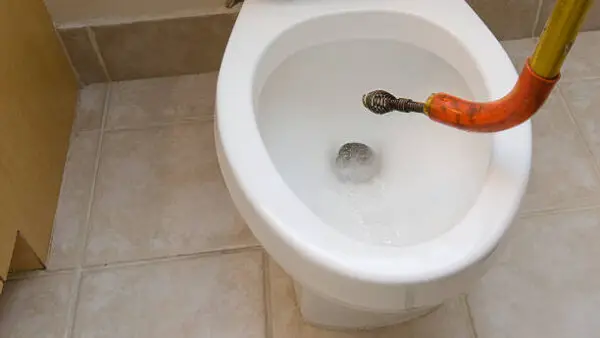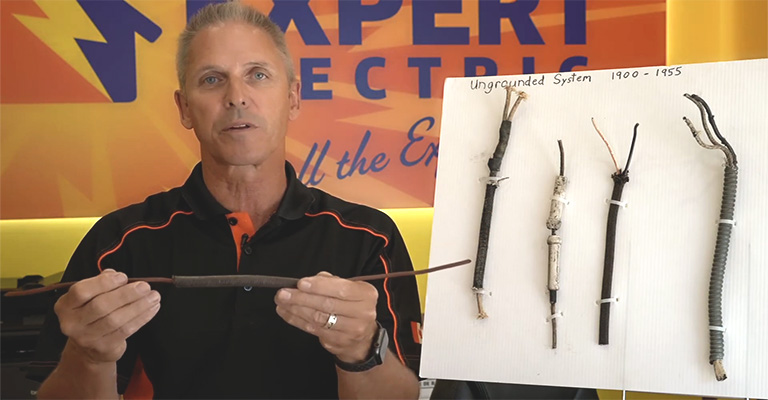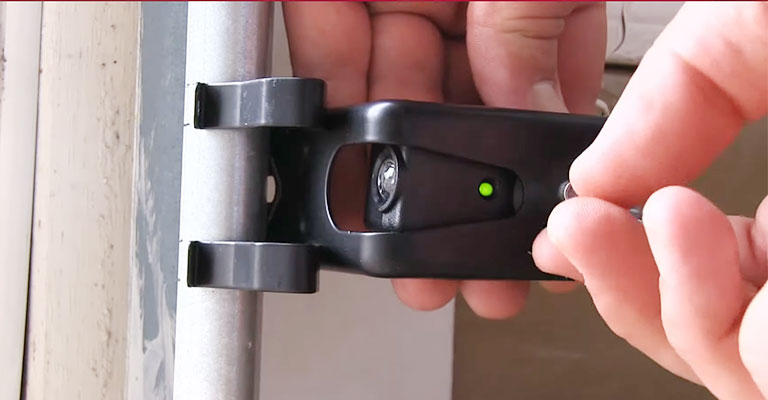Toilet Auger: Your Trusty Tool for a Clog-Free Home

The humble toilet auger, otherwise known as a plumbing snake, is an unsung hero of every household. When you’re faced with a stubborn toilet clog, it’s the trusty tool that quickly steps up to the plate.
In this article, we’ll delve into the workings of a toilet auger, how to use one, and tips for selecting the best auger to maintain a clog-free home.
What is a Toilet Auger?
Sink Drain
A toilet auger, sometimes referred to as a closet auger, is specifically designed to remove blockages from your toilet without causing any damage to the porcelain. Unlike regular plungers or drain snakes, toilet augers have a protective sleeve or cover to ensure the tool itself does not scratch or mar your toilet bowl.
The toilet auger is a simple device, but don’t let its simplicity fool you. Comprising a flexible rod with an angled head and a crank handle, it’s engineered to dislodge the most stubborn clogs.
How to Use a Toilet Auger
Drain Snake
Let’s guide you through using a toilet auger effectively:
1. Preparation
Always wear protective gloves before starting. To begin, extend the auger’s rod until the head is at the base of the guide tube.
2. Insertion
Position the auger’s head into the toilet bowl, directing it towards the drain opening.
3. Operation
Apply a little force while turning the crank handle clockwise. This action pushes the auger head further into the pipe, breaking up or gripping the blockage.
4. Retrieval
After feeling resistance lessen or disappear, indicating the clog has been broken up or gripped, turn the handle counterclockwise while gently pulling the auger back.
5. Cleanup
Flush the toilet to ensure the blockage is fully cleared. Then clean the toilet auger thoroughly.
Choosing the Best Toilet Auger
Too Much Force to Unclog a Toilet
When selecting the perfect toilet auger, keep these key features in mind:
1. Length
The standard length for most home toilet augers is three to six feet. This should suffice for most clogs. However, if your home’s plumbing system is older or complex, a longer auger may be necessary.
2. Design
Look for an auger with a protective sleeve to safeguard your toilet bowl from scratches.
3. Quality
High-quality augers are generally made from durable, rust-resistant materials like carbon steel. They’re more robust and long-lasting.
4. Ease of Use
Choose a toilet auger with a comfortable, non-slip grip and an easy-to-turn crank handle.
Toilet Auger Vs. Plunger: When to Use What?
Toilet Plunger and Bulb Head
While a plunger is often the first tool reached for during a clog, it can’t always handle severe blockages. That’s when a toilet auger shines. Its ability to penetrate deep into the toilet drain and physically break up or retrieve the clog makes it an indispensable tool in your plumbing arsenal.
Safe Handling of a Toilet Auger
Safety is paramount when handling any tool, and the toilet auger is no exception. Always wear gloves to protect your hands from germs and possible sharp edges. Keep the area well-ventilated to avoid inhaling any potential fumes. Furthermore, ensure you clean the toilet auger thoroughly after use to maintain hygiene and prolong its lifespan.
Maintaining Your Toilet Auger
Maintenance of your toilet auger is quite straightforward. After each use, wash the auger thoroughly, removing any remnants of the blockage. Dry it completely to prevent rusting and store it in a dry place. Regular cleaning ensures your toilet auger is always ready for the next use, providing longevity and optimal performance.
Alternative Uses for Your Toilet Auger
While primarily designed for toilets, the auger can also be a handy tool for other plumbing systems in your house. You can use it to unclog showers and sinks, but remember to exercise caution to avoid any potential damage to more delicate pipes and fixtures.
Pros and Cons of Using a Toilet Auger
Toilet augers come with their own set of pros and cons. On the positive side, they’re highly effective, able to handle blockages that a plunger can’t shift. They’re relatively inexpensive, particularly when compared to the cost of a professional plumber. Furthermore, with a bit of practice, they’re easy to use.
However, there are also some cons to consider. The toilet auger’s effectiveness diminishes with severe blockages deep within your plumbing system. Also, improper use can potentially damage your toilet or pipes. Lastly, despite the protective sleeve, there’s always a small risk of scratching the toilet bowl if not used correctly.
Conclusion
Cable Access
The toilet auger is an incredibly useful tool, capable of tackling the stubborn clogs that a plunger can’t handle. With careful use and maintenance, it’s a cost-effective solution for most homeowners. So, before you speed-dial your local plumber the next time you’re faced with a clogged toilet, consider employing the trusted toilet auger.
A little knowledge and the right tool can empower you to handle common plumbing issues, maintaining a serene, smoothly functioning home environment. As always, remember that for severe or persistent issues, consulting a professional plumber is advisable.
Our guide to the toilet auger hopefully provides the information you need to tackle your next clog confidently. With its blend of simplicity, effectiveness, and affordability, the toilet auger is a powerful ally in the fight against stubborn blockages.






